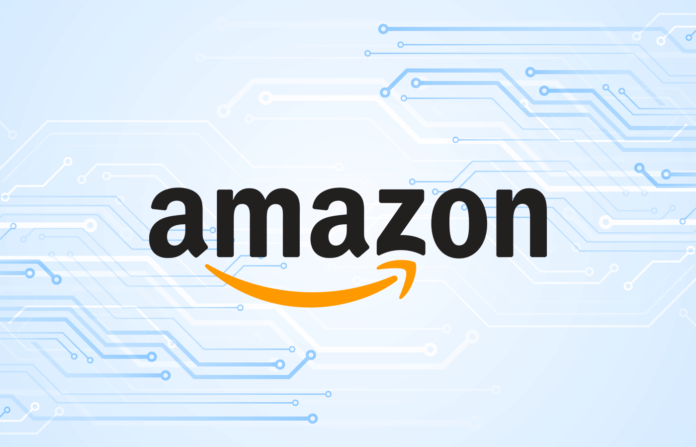Amazon is making bold strides in its ambition to challenge Nvidia’s 80 percent dominance in the artificial intelligence (AI) hardware market. This move represents Amazon’s latest effort to solidify its position in the AI ecosystem, reduce reliance on Nvidia’s graphical processor units (GPUs), and offer customers a more affordable alternative.
Amazon’s journey into custom AI chip production is spearheaded by Annapurna Labs, a chip design startup that Amazon acquired in 2015 for $350 million. The company has made significant progress in custom processors, including the Graviton series for traditional data centers and the Trainium lineup for AI workloads.
A Bold Move Toward Custom AI Chips
Trainium 2, unveiled at AWS re:Invent in November 2023, directly responds to the growing demand for specialized AI processors optimized for training large language models and running complex AI operations at scale. According to Amazon, Trainium 2 offers significant advancements, delivering up to four times faster training performance than its predecessor, the first-generation Trainium chips.
AWS claims that Trainium 2 will enable the highest-performance compute on the platform, allowing foundation models to be trained more efficiently—faster, at a lower cost, and with reduced energy consumption. Trainium 2 chips can be deployed in EC2 UltraClusters, with the capability to scale up to 100,000 chips, making it possible to train foundation models (FMs) and large language models (LLMs) faster while doubling energy efficiency.
The chips, expected to be widely available soon, are already in use by organizations such as Anthropic—a key Amazon-backed competitor to OpenAI—alongside other companies like Databricks, Deutsche Telekom, Ricoh, and Stockmark. Reports suggest Amazon will officially introduce Trainium 2 and provide further details about its AI chip advancements at an upcoming event.
Reducing Dependency on Nvidia
Amazon’s AI strategy is as much about economics as technology. The AI industry has become heavily reliant on Nvidia’s GPUs, considered the gold standard for running complex AI workloads. This reliance comes at a cost—Nvidia’s GPUs are in high demand and short supply, driving up expenses for cloud service providers and their clients.
Amazon’s vice president of compute and networking services, Dave Brown, acknowledged this challenge. “We want to be absolutely the best place to run Nvidia,” he said. “But at the same time, we think it’s healthy to have an alternative.”
By offering Trainium 2 and other custom AI chips, Amazon hopes to reduce the financial burden on AWS clients. The company claims that its Inferentia chips, another line of AI-focused processors, have already delivered 40 percent lower operating costs for generating responses from AI models.
The Industry-Wide Shift Toward Custom AI Hardware
Amazon is not the only tech giant investing heavily in AI chip development. Google, Meta, and Microsoft are all pursuing proprietary AI chips to lessen their dependence on Nvidia. Google recently introduced its latest tensor processing unit (TPU), Trillium, which boasts four times faster AI training and three times faster inference than its predecessor. Similarly, Meta launched its next-generation Meta Training and Inference Accelerator (MTIA) earlier this year.
Despite Amazon’s aggressive push into AI hardware, Trainium 2 has yet to be widely adopted. The chip’s limited availability since its unveiling in 2023 has sparked interest. Experts await independent performance benchmarks to determine how Trainium 2 compares to Nvidia’s GPUs in real-world applications.
Amazon’s efforts to develop custom chips remain a key component of its broader AI strategy. The company is betting that offering customers a more affordable alternative to Nvidia’s GPUs will allow it to carve out a substantial share of the AI chip market.
